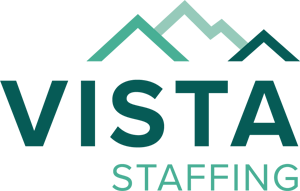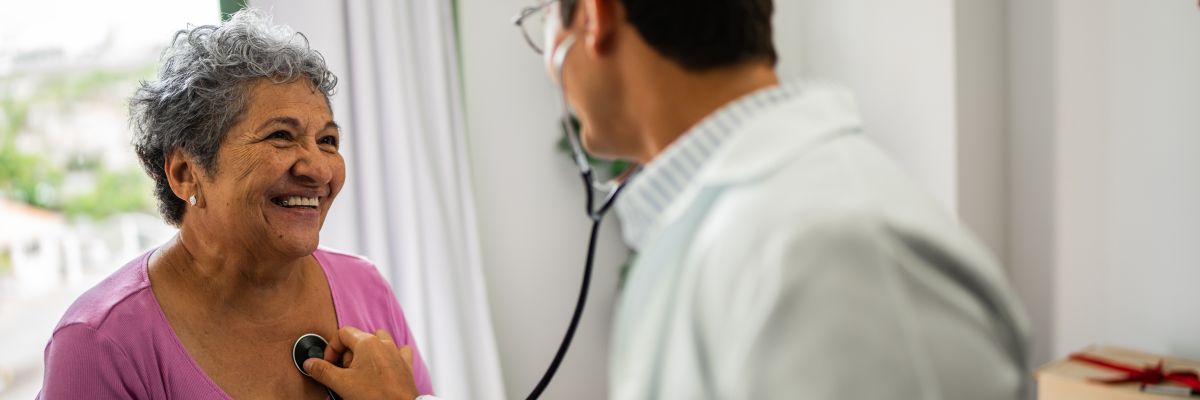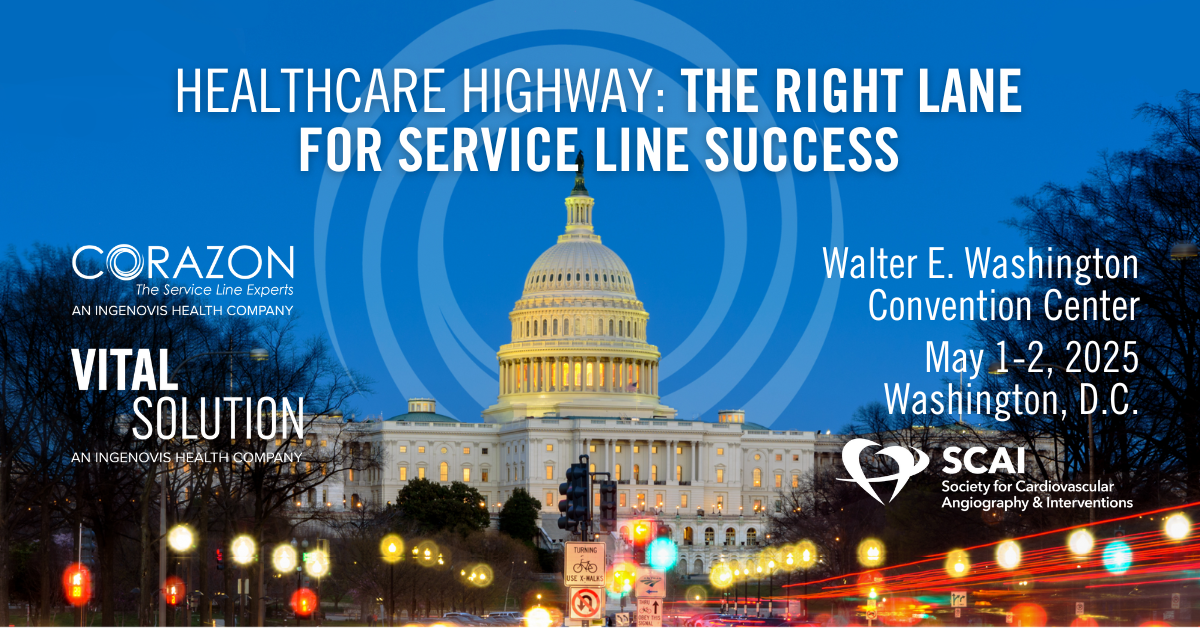
Cardiology Fellows Looking for Balance Can Find it with Flexible Scheduling
A recent survey found that cardiology fellows-in-training who aren’t choosing interventional cardiology as a subspecialty say it’s because of the field’s “uncontrollable or unpredictable lifestyle” and “poor work-life balance.” But what if it didn’t have to be that way?
Early-career cardiologists need adequate time to start and nurture healthy families, while mid-career cardiologists require flexibility to pursue outside interests and care for themselves or family in times of crisis, according to the American College of Cardiology’s 2022 ACC Health Policy Statement on Career Flexibility in Cardiology. Current fellows-in-training and early-career cardiologists place a greater emphasis on well-being, which can make traditional full-time work opportunities unattractive. As a result, new physicians are increasingly seeking flexible work arrangements, such as part-time work.
The Many Career Options for New Cardiology Fellows
Cardiologists fresh out of fellowship have a variety of options for the next phase of their careers. They can remain in academic medicine to conduct research, practice at an academic medical center, teach medical students, and train fellows. Another option is to go into private practice either alone or with other cardiologists. A third possibility is to work for a hospital or healthcare system. A newer fourth option embraces work-life balance and seeks to mitigate the burnout that can accompany a career in cardiology through flexible scheduling.
The benefits of a flexible schedule include:
- Improved retention
- Increased career longevity
- Decreased burnout
- Better balance between work obligations and lifestyle
- Improved diversity and inclusion
“Increasingly, there is interest in the option of part-time work in medicine; however, this is not common in cardiology,” writes the ACC. “The benefits of working part-time include the freedom to tailor one’s career to individual and family life needs. Studies in both medicine and other occupations demonstrate greater career satisfaction and happiness in employees who can tailor their work in this way.”
A culture like ours resonates with younger cardiologists because they want a different way to work than doctors did in the 1980s and ‘90s.
Jasdeep Dalawari, MD
CardioSolution offers a unique hybrid of traditional employment models. It is different from other groups because it provides interventional cardiologists with more than just a position; it encourages and advocates for its physicians to pursue a work-life balance.
“Medicine is a very traditional field, but the culture is changing,” says Jasdeep Dalawari, MD, FACC, FSCAI, a regional chief medical officer with CardioSolution. “When Uber launched, it was a totally disruptive concept. CardioSolution wants to be the Uber of the cardiovascular space. We’re causing a positive disruption in work culture and are innovating how cardiologists work, which is very attractive to new fellows. A culture like ours resonates with younger cardiologists because they want a different way to work than doctors did in the 1980s and ‘90s.”
Variety of Practice Combined with Stability and Flexibility
Board-certified in cardiovascular diseases, interventional cardiology, endovascular medicine, and emergency medicine, Dr. Dalawari joined CardioSolution in 2018 after 10 years of private practice. In his current role, he acts as a liaison between physicians and hospital administration at six facilities across the country.
“The good thing about CardioSolution is that you don’t have to live where you work,” Dr. Dalawari explains. “Although my home is in Virginia, I currently work in North Carolina, and the region I manage includes two hospitals in North Carolina and five facilities on the West Coast. It’s an interesting mix of locations.”
As interventional cardiologists at regional hospitals, our physicians often are the only cardiologists on the schedule. A typical schedule, according to Dr. Dalawari, may include office hours on Mondays, Wednesdays, and Fridays to see clinic patients and procedure days on Tuesdays and Thursdays. In the late afternoons, you may have a two-hour block to read imaging studies. If a patient with a cardiac emergency presents, then the schedule shifts accordingly.
“This type of schedule keeps work interesting and enables you to take advantage of all your skills,” Dr. Dalawari says. “You do different things each day but have the flexibility to adjust the schedule when needed. Patients are grateful for the lifesaving care we provide, which is an amazing feeling of accomplishment. At some facilities, you’ll help the in-house team develop its cardiac cath program from the ground up. You’ll learn how to motivate people and lead them through change. It’s both exciting and challenging. And the bonus is that you only work seven to 10 days, and then you have seven to 10 days off to do what you want.”
Battling Burnout by Finding Balance
Many physicians feel burned out from all of the non-clinical work associated with the job, such as regulatory paperwork and charting in the electronic medical record. Coupled with increased productivity goals set by hospital administrators, these burdens can quickly burn out both new and seasoned physicians. In fact, cardiologists report a burnout rate as high as 43 percent, according to the ACC, which the organization attributes mainly to systems rather than individual physicians.
It’s important to be passionate about what you do, but your career isn’t your life.
Jasdeep Dalawari, MD
“In light of that trend, our scheduling model makes sense,” Dr. Dalawari explains. “You only work half the year, since you’re off every other week. This gives you time to rejuvenate and prevent burnout by giving you the freedom to spend time with your family, travel, go hiking or to the movies or whatever it is that you need to do to find that balance in your life.”
When asked his advice for cardiology fellows about to embark on their careers, Dr. Dalawari shared the advice given to him years ago by his mentor.
“He said, ‘Your desires and priorities now aren’t necessarily going to be the same in the future, so make decisions based on what you think you’ll want 10 years down the road,’” Dr. Dalawari says. “You may not have children now, but maybe you will in the future. It’s important to be passionate about what you do, but your career isn’t your life. You must give the rest of your life the same attention you’ve given your career.”
Whether you’re a cardiology fellow or a seasoned physician, join our team to receive the support and benefits you need to grow in your career. Contact us now to learn more about our opportunities.
 company
company 
 (866) 755-7519
(866) 755-7519












